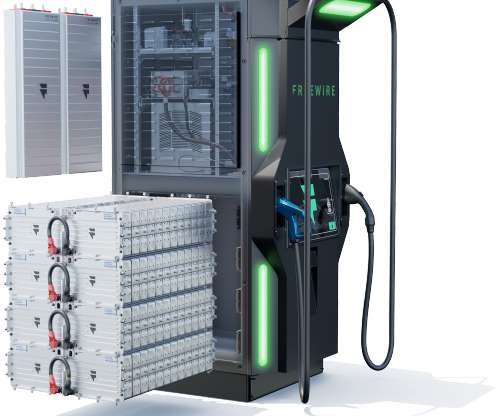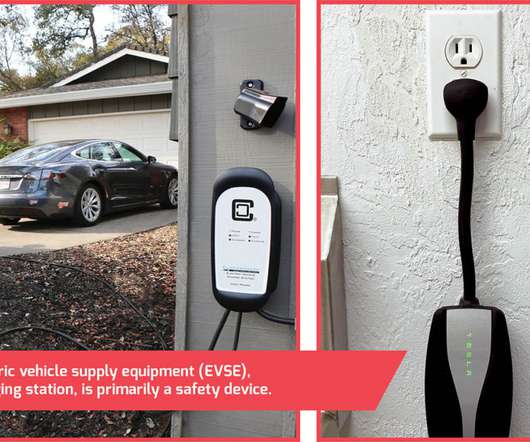FreeWire Technologies raises $125M in Series D; battery-integrated ultrafast EV charging stations
Green Car Congress
APRIL 29, 2022
The financing consists of a Senior Convertible Note provided exclusively by funds and accounts managed by BlackRock Financial Management, Inc. Boost Charger features a 160 kWh integrated Li-ion battery (bottom) and Silicon-carbide (SIC) switching technology (upper left). The unit offers CCS1 / CCS2 and CHAdeMO connectors.











Let's personalize your content